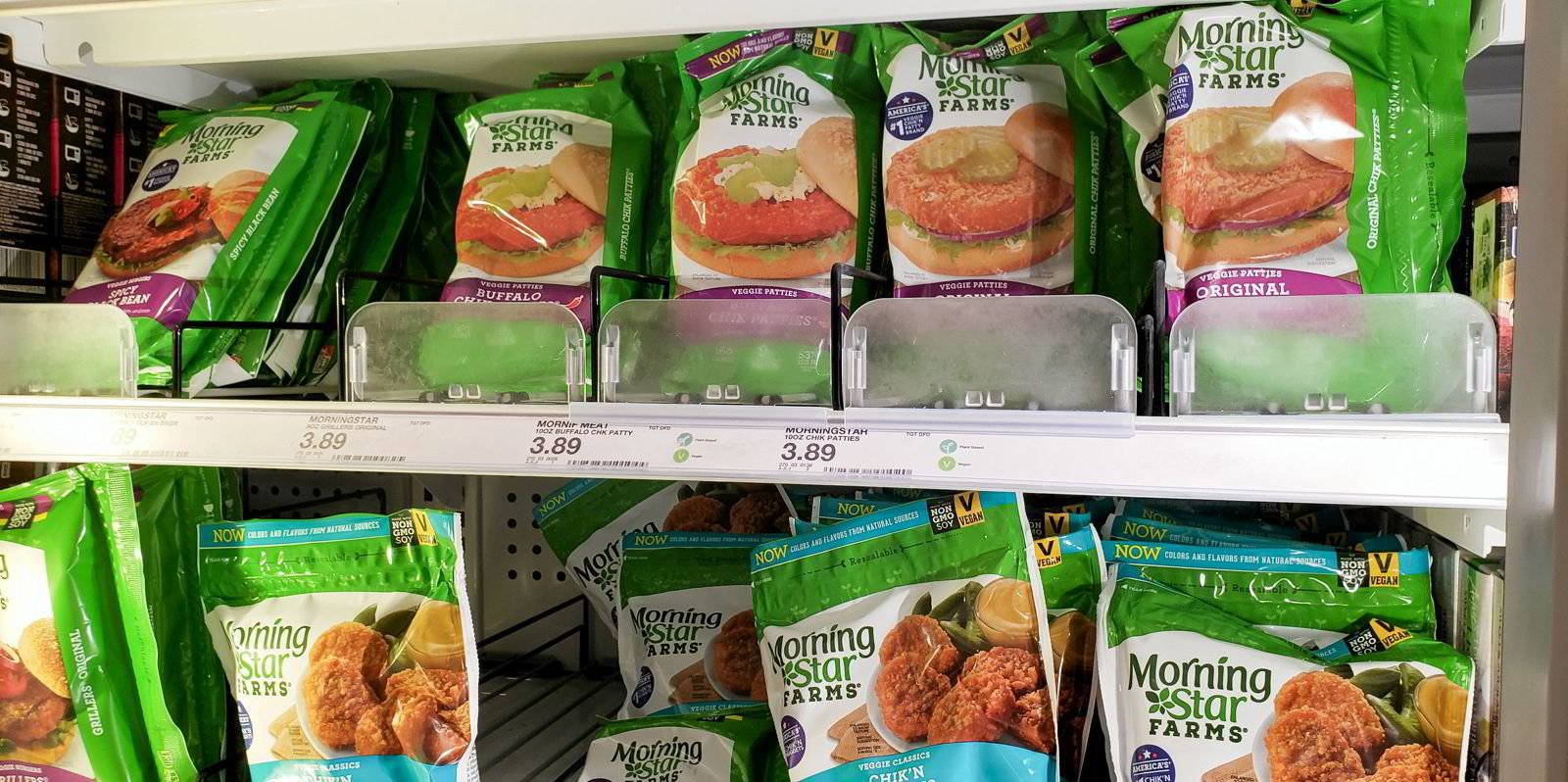While investors continue to be willing to sink money into alternative meat and seafood products made from plants, consumers are growing less willing to put these products into their shopping carts, according to new US retail sales data.
Sales of frozen meat poultry and seafood alternatives fell 3.1 percent to $618 million (€546 million) during the first 10 months of the year, according data released by IRI and analyzed by Texas-based market research firm 210 Analytics.
By comparison, sales of conventional frozen meat, poultry and seafood reached $14.2 billion (€12.5 billion) during the period, up 0.7 percent from the same time a year ago.
Unit sales of conventional animal proteins slipped 3.5 percent during the period, while unit sales of frozen meat poultry and seafood alternatives fell 7.6 percent.
Leaders in the seafood industry are paying close attention to the emerging alternative seafood sector.
In addition to plant-based seafood alternatives, products made from cell-cultured and fermentation technology are expected to begin hitting markets in the coming years.
The National Fisheries Institute (NFI), the largest seafood trade association in the United States, recently criticized what it says are deceptive marketing tactics being used by makers of these products.
The association is looking to build support for more government regulation of the products' labeling.
Sales in the United States of plant-based seafood in 2020 were $12 million (€10.3 million), tiny in comparison to the more than $100 billion (€86.3 billion) of seafood sold in the United States annually.



